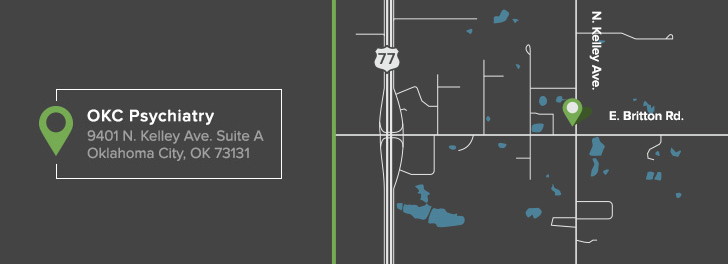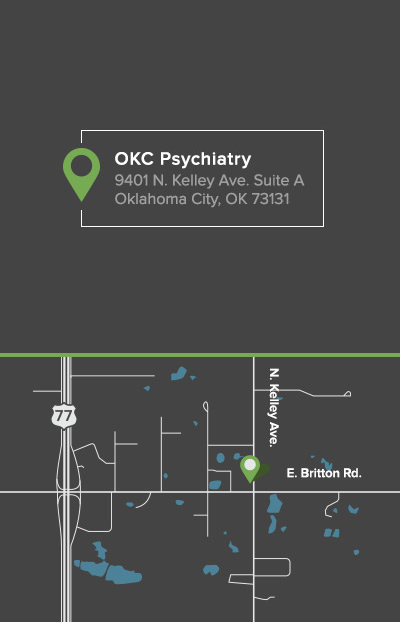Are you taking new patients?
Yes
What insurance do you accept?
In order to optimize quality patient care and reduce billing confusion, Dr. Rousseau and Dr. Schwartz have opted out of insurance networks, Medicaid, and Medicare. Our office will submit a reimbursement claim for you at your request.
If I have Medicare, can I still see Dr. Rousseau or Dr. Schwartz?
Yes, Dr. Rousseau and Dr. Schwartz are able to see patients with Medicare and will review the “Medicare Contract of Opt-Out Awareness” with you.
When should I arrive for my initial evaluation and what should I bring?
For your initial evaluation, please arrive 30 minutes early to complete all required paperwork. If you have recently completed lab work, have medical records from recent hospitalizations, doctor’s appointments, medications lists, discharge summaries or results of testing or imaging, please bring these to your initial evaluation. Please feel free to call our office to clarify what to bring to your initial evaluation.
What if I need to cancel or reschedule my initial evaluation?
Please understand that, out of respect for your time, our clinic does not double-book appointment times. Cancelation or scheduling changes of initial appointments require 48 hours advance notice.
If you need to cancel or reschedule an appointment, we ask that you call as soon as you are aware that you will be unable to attend. We will refund your initial evaluation deposit in full if notification is received with advance notice. If you do not attend or cancel your initial evaluation less than 48 hours in advance and wish to reschedule, you will be asked to pay the remainder of your initial evaluation fee prior to rescheduling. When rescheduling your initial evaluation, you will be asked to prepay the full fee to hold your appointment.
What if I need to cancel or reschedule my appointment?
Please understand that, out of respect for your time, our clinic does not double-book appointment times. Cancelation or scheduling changes of initial appointments require 48 hours advance notice.
If you need to cancel or reschedule an appointment, we ask that you call as soon as you are aware that you will be unable to attend. We will refund your initial evaluation deposit in full if notification is received with advance notice. If you do not attend or cancel your initial evaluation less than 48 hours in advance and wish to reschedule, you will be asked to pay the remainder of your initial evaluation fee prior to rescheduling. When rescheduling your initial evaluation, you will be asked to prepay the full fee to hold your appointment.
What should I bring to my first appointment?
If possible, bring all recent labs, a current medication list and any other pertinent health care documents you feel may assist with your care including discharge summaries, hospitalization records etc. If requests for additional documentation are needed, you will be asked to fill out releases of information for previous health care providers in order to allow us to provide you with the best possible care.
Can I bring a child to my appointment?
Yes, but no child under the age of 13 may be left alone in the waiting room. You will need to bring another adult to sit with them or reschedule your appointment.
What is a psychiatrist? How are you different from a therapist or psychologist?
Understanding the difference between psychiatrists, psychologists, and other mental health providers is important to understanding your treatment. At OKC Psychiatry, we are fully supportive of all mental health disciplines and often work collaboratively with psychologists, therapists and other mental health care providers in order to optimize our patients’ care.
Basically, a psychiatrist is a medical doctor (M.D. or D.O.) who, after completing four years of medical school, has completed four additional years of specialty training through a residency program in psychiatry. Psychiatric residency programs include comprehensive training in mental health. A psychiatrist is extensively trained in psychotherapy (talk therapy) & psychopharmacology (treatment through psychiatric medication). The residency also includes several months of Internal Medicine and Neurology to provide a more comprehensive, sound education in these specialties that overlap often with psychiatry. At the end of a residency program, a psychiatrist can become board certified by the American Board of Psychiatry and Neurology and continues medical education throughout his or her career to maintain certification. Both Dr. Rousseau and Dr. Schwartz are Board Certified and participate in continuing medical education. A psychiatrist specializes in the diagnosis, treatment, and prevention of mental illnesses, including substance abuse and addiction. Psychiatrists assess both the mental and physical aspects of psychological disturbance. Armed with this understanding, psychiatrists can make a complete, accurate diagnosis and then recommend or provide treatment. Because of this distinction, a psychiatrist has the authority to prescribe medications to patients, but a psychologist or therapist cannot.
A psychologist has studied psychology in college and graduate school. Most licensed psychologists hold a doctorate (Ph.D. or Psy.D.). A therapist or counselor is one who has studied either psychology or social work in college and graduate school. Most hold a master’s degree in their field and are licensed to do counseling. (L.P.C., L.C.S.W., L.M.F.T)



